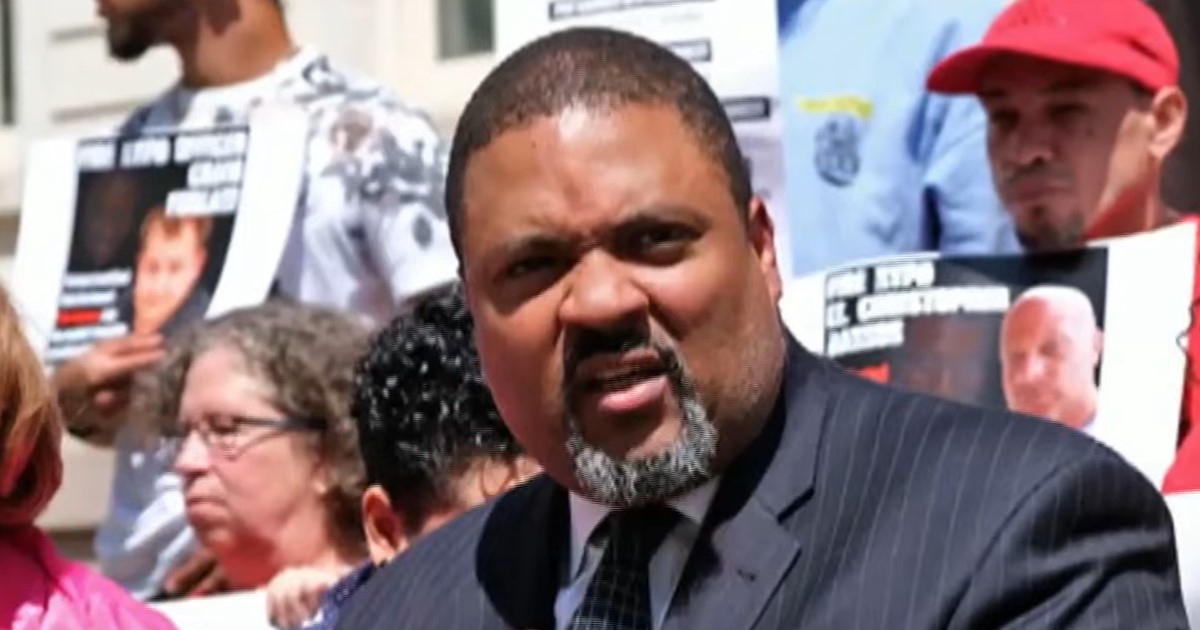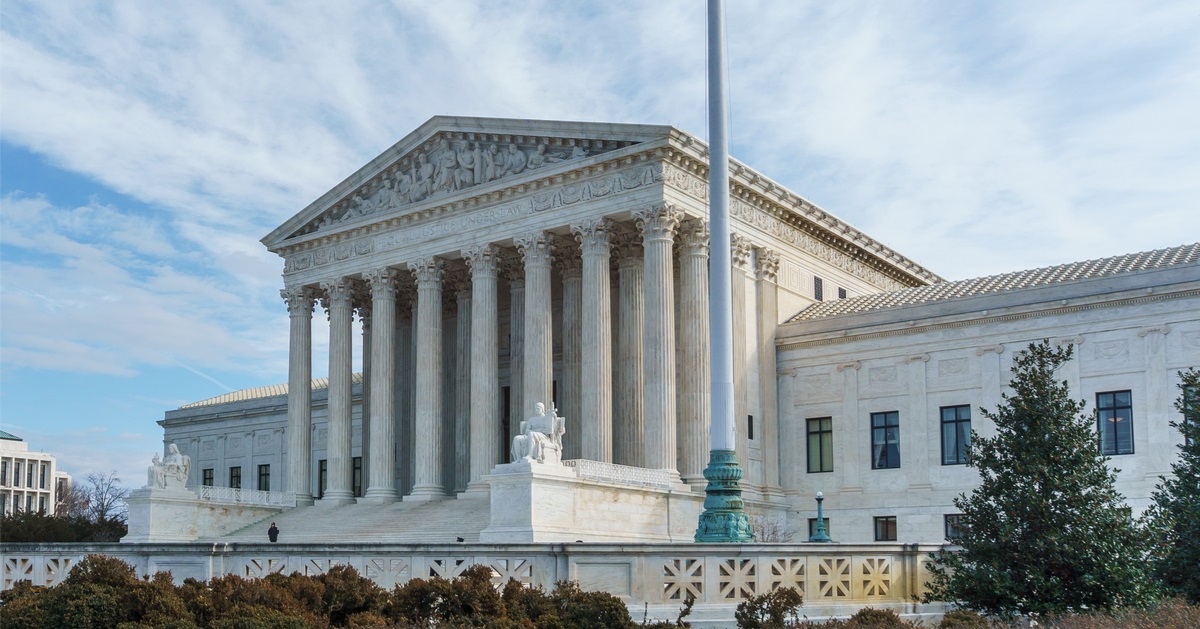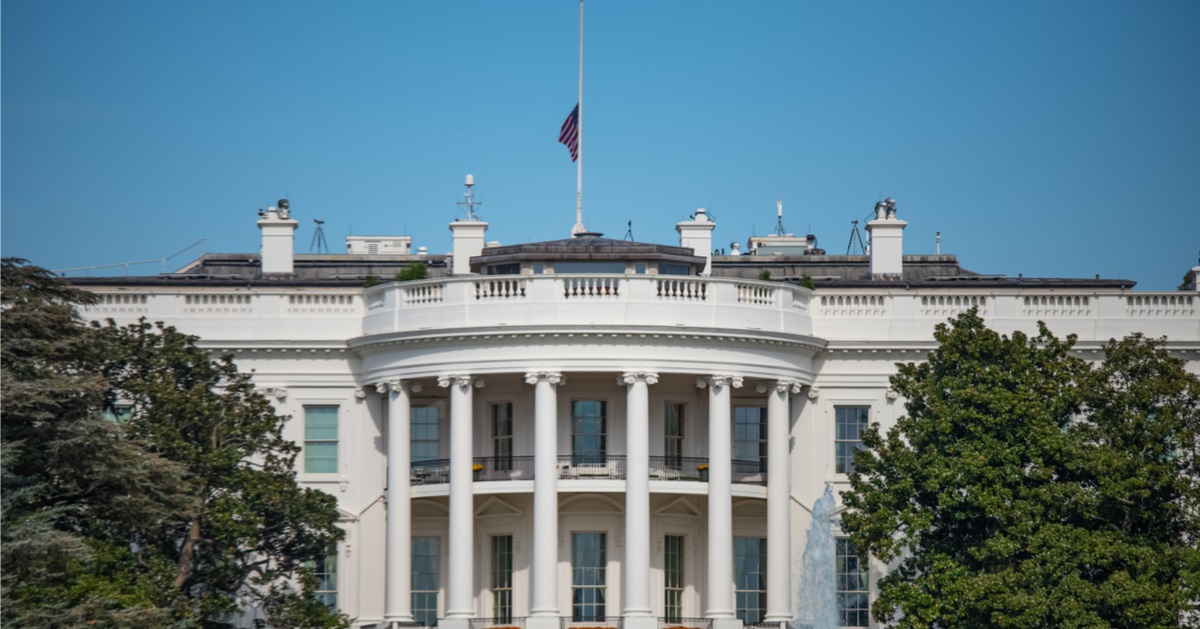DANIEL VAUGHAN: Prosecuting Trump does not restore the Rule of Law
It's hard to beat an evocative opening to an op-ed. Take this one, "Every few years, a news event demonstrates how dysfunctional, arbitrary and counterproductive the country's system of classifying information really is. Sometimes it's an article or book about government conduct that causes hand-wringing among intelligence officials. Sometimes it's a prosecution under the nearly 100-year-old Espionage Act for mishandling classified information, instead of for actual spying."
No doubt, some of you are nodding along at home while others shake your head, thinking, "What a hack!" Of course, I have yet to reveal who the author was referring to in this column opening. I could tell you, but why don't I let the author of the op-ed, attorney Abbe David Lowell, do that.
He wrote then, in the New York Times, "Mrs. Clinton, along with others accused of mishandling classified information, argues that government information is 'overclassified' and that it is poorly labeled, making it impossible to know what is actually top secret. They are right. This debate might prove useful if it forces the government to deal with a bigger issue: the need for a saner system for classified information."
For reference, Abbe David Lowell was the former chief counsel to the House Democrats during President Bill Clinton's impeachment and is currently a high-powered litigator in Washington DC representing Hunter Biden. In other words, he's not some random attorney - he's a major player in politics, and there's a reason the NYTimes published him at all.
That was in 2016, during Hillary Clinton's illegal server scandal. The New York Times Editorial Board called her conduct serious but not disqualifying for the Presidency.
Six months ago, the New York Times started writing these kinds of stories again. We'd all just learned that President Joe Biden had classified documents in his possession, too, things he should have turned over but failed to do so. Feel free to pick whatever justification you prefer for Biden.
The Times headline and subheader was, "Too Many Top Secrets: The U.S. government classifies tens of millions of documents a year. Experts say the practice is excessive." NPR was even more partisan with their headline, "Biden's mishandling of documents revives 'overclassification' debate."
The point I'm making isn't about the New York Times or media hypocrisy, though that's easy to see. I'm not making the point that Donald Trump's conduct was acceptable in comparison. By every examination of the indictment and the evidence marshaled against Trump, it appears he most certainly violated records and classification laws, all while openly flaunting his behavior.
In terms of summarizing the type of defendant he is, Donald Trump is the client waving and posing to the camera before leaving the store with whatever he stole. He probably did some donuts in the car before leaving. Clinton wore a ski mask, and Trump posed and posted pictures on Truth Social.
My point is simple: what does it mean to support the rule of law? Former Attorney General Bill Barr made an excellent point on CBS News's Face the Nation. He pointed out the very obvious: Hillary Clinton not being prosecuted for the same behavior was wrong, but that didn't excuse the DOJ for not indicating Trump. Barr cited simple rule of law principles.
On that point, he's right. Just because Hillary Clinton got away with her conduct does not mean Trump should get away with it too. Many of the laws in question were passed after the Watergate scandal to bring more transparency and accountability to the Executive Branch. Congress had good reason to pass those laws.
With Trump, the New York Times Editorial Board writes, "The United States has prosecuted dozens of former governors, cabinet members and lawmakers. These prosecutions are essential in reaffirming the principle that no one — and especially no political leader — is above the law. To fail to bring such a case is to make it more likely that other abuses of power will occur."
In a vacuum, that's a wholly uncontroversial point. I agree with it wholeheartedly.
But we're not in a vacuum. We're not far removed from 2016, and everyone has witnessed the elites of a specific party get a pass. If the rule of law only applies one way, then it's not the rule of law; it's political law.
If Democrats are unwilling to hold anyone in their party accountable and howl at the moon when a Democrat gets charged with similar conduct, then it's not the rule of law. If a Democrat gets charged with evading classification and records retention laws and that warrants naval-gazing, chin-stroking Jeremiads on the ills of "over-classification," then it's not the rule of law.
In truth, Donald Trump has done everything to be indicted by the Department of Justice. That's a fact. His indictment doesn't restore or support the rule of law, however. The current norms we have in place have utterly eroded the rule of law into a shadow of what it should be.
Either we apply the law to every person, regardless of political party or privileged position, or not. If people get a pass for non-legal reasons, that's a problem. Prosecuting Trump exacerbates this problem. That's not an excuse to skip indicting or prosecuting him - we should follow the law. But prosecuting Trump does not magically restore the rule of law that was lost when Clinton and her ilk get a pass -- just go compare the op-eds from the summer of 2016 or the winter of 2023 to what is said now. It's hard to miss the different standards at work.
And no, pointing out the differences between Clinton and Trump doesn't help - of course, an illegal email server and a cache of documents at Mar-a-Lago are different. The intent is nakedly there in both cases. Either we enforce the law on everyone, or we don't. Prosecuting Trump doesn't prove we have the rule of law and that's the real problem.






